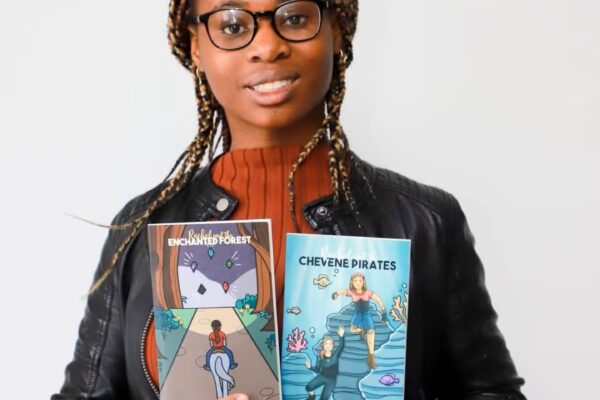The Coalition for the Diversity of Cultural Expressions congratulates Mark Carney and calls on him to support Canadian cultural sovereignty
Montreal, March 11, 2025
The Coalition the Diversity of Cultural Expressions (CDCE) congratulates Mark Carney on his appointment as leader of the Liberal Party of Canada and urges him to fully commit to supporting Canadian cultural sovereignty.
As Canada undergoes a pivotal moment politically, economically, and technologically, the government’s choices will be crucial for the future of the cultural community. The CDCE urges the adoption of ambitious, forward-thinking policies to safeguard the diversity, vitality, and sustainability of Canada’s cultural ecosystem, ensuring that the protection of creators and cultural industries remains a top government priority.
Key Cultural Issues to Address
1. Trade agreements and Cultural Sovereignty
In the upcoming renegotiation of the Canada-United States-Mexico Agreement (CUSMA), the government must ensure the preservation of the cultural exemption to safeguard support for creators and cultural businesses against global industry giants.
2. Broadcasting Act and CBC/Radio-Canada
With the implementation of the Online Streaming Act, it is essential to ensure an effective regulatory framework that guarantees the discoverability of Canadian cultural content and fair contributions from digital platforms. The CDCE also highlights the important role of CBC/Radio-Canada in safeguarding cultural sovereignty and supports the government’s recently proposed plan.
3. Copyright
As the Copyright Act marks its 100th anniversary, the CDCE welcomes the government’s announcement of the resale right for visual artists, a long-awaited measure. This announcement must swiftly be put into action. Moreover, the reform remains incomplete: measures in favor of authors, publishers, and the music sector must be adopted to ensure fair remuneration and adapt the legislation to the realities of the digital world.
4. Artificial Intelligence and Culture
The rapid rise of AI poses significant challenges for the cultural sector. The CDCE firmly opposes any changes to the Copyright Act that would allow protected works to be used for training generative AI systems without authorization or compensation. It also calls for transparency regarding AI training data and the clear identification of AI-generated content. Finally, the CDCE supports the adoption of an additional protocol to the 2005 UNESCO Convention to strengthen protections for creators in the digital environment and establish an international framework that upholds cultural diversity.
–
Twenty years ago, Canada played a leading role in the creation of this Convention, becoming the first country to ratify it and establishing itself as an undisputed global leader in this area. At this pivotal moment, the CDCE is counting on the longstanding commitment of the Liberal Party of Canada and its new leader to continue defending the diversity of cultural expressions and strengthening support for Canadian creators and cultural industries.




